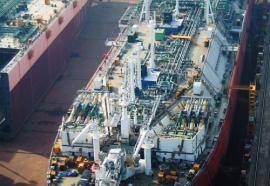Natural-Gas Procurement: A Hard Look at Incentive Mechanisms
Better designs are needed to realize the goal of lower-cost gas.
A gas procurement incentive mechanism that provides strong incentives for a broad range of procurement-related costs and revenues, using a benchmark that is both exogenous and adaptive to external circumstances, can benefit consumers.







